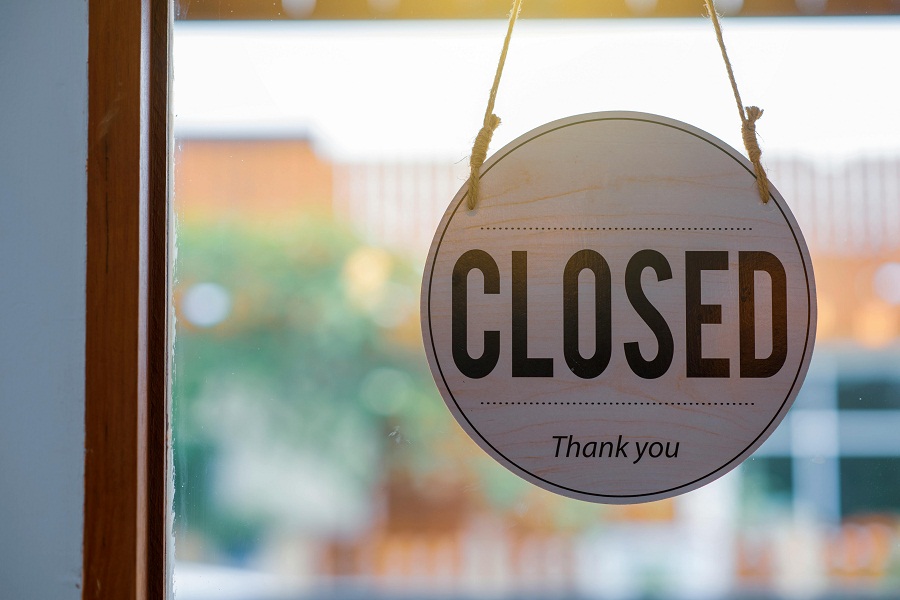
Published :
Updated :

Restaurants suffered severe losses as a result of recent events throughout Bangladesh, including blockades, curfews, and internet blackouts. Even when curfews were relaxed, restaurants continued to be empty. These places, which are usually packed with consumers, including college and university students as well as corporate workers, were deserted.
Dhaka, a city known for its restaurants, which are the most popular gathering spots for the city's residents, was deserted and had to stay closed for three to six days as a result of curfews and disruptions.
There have been difficulties in this industry for almost three weeks. After touring several parts of Dhaka, such as Mirpur, Banani, Khilgao, Bailey Road and Gulshan, it was observed that most of the eateries were deserted and that the employees were sitting around because there were no patrons.
This issue added to the nation's already challenging circumstances due to its economic complications, inflation, and the rising price of commodities.
The owner of the Rabbani Hotel and Restaurant in Mirpur, Masum Hossain, stated, "We have five branches overall, and we typically sell well on working days and holidays. Our restaurants were closed for the first two days of the curfew due to unusual conditions. Still, after those two days, we were able to reopen but had to incur losses because the number of customers was lower than any other regular day."
An outlet executive from Tasty Treat Karwan Bazar, Azmul Huda, told a national daily that most of their outlets need to meet their sales targets. Compared to the previous months, they achieved only 50-60 per cent of their target.
The majority of restaurants need to meet their goals. The online meal delivery system suffered a significant loss due to the internet outage last month.
The internet platforms remained down for six days, from July 18 to July 23, which affected the livelihoods of home-based cooks, small and medium-sized restaurants, and delivery drivers.
The Bangladesh Restaurant Owners Association estimates that there are 60,000 restaurants in the nation, employing 3 million people, and about 8,000 restaurants in Dhaka alone, employing 150 thousand people.
Their report states that each restaurant loses 10,000 taka a day, meaning that restaurants in Dhaka alone lose TK 80 million every day.
Their student population has significantly decreased as a result of the educational institutions' continued closure.
Due to the curfew, people were so frightened that they dared not go inside restaurants. As curfews were implemented and a restless state spread throughout the nation, roadside food vendors suffered more significant losses. Only a few stores were open in the neighbourhood to purchase necessities for daily life, even during curfew relaxations.
People all around the nation were terrified as a result of the unrest. People's daily lives were primarily impacted, businesses suffered losses, and the system of transit for vehicles suffered losses.
The most affected were those who depended on their daily lives. Even though there were fewer patrons, some restaurants were forced to open under curfew because small businesses couldn't afford to pay their employees after closing.
Restaurant owners prepared less food to reduce losses when there weren't enough patrons. These businesses also suffered losses during the internet blackout.
This is the second major blow to Dhaka's restaurant industry in 2024. In February, government officials illegally closed down businesses on the basis of health and safety in the wake of a fire that claimed 46 lives on Bailey Road in the capital. The restaurant industry has also been negatively impacted by businesses battling consistently high inflation for almost two years.
jarinohi99@gmail.com


 For all latest news, follow The Financial Express Google News channel.
For all latest news, follow The Financial Express Google News channel.